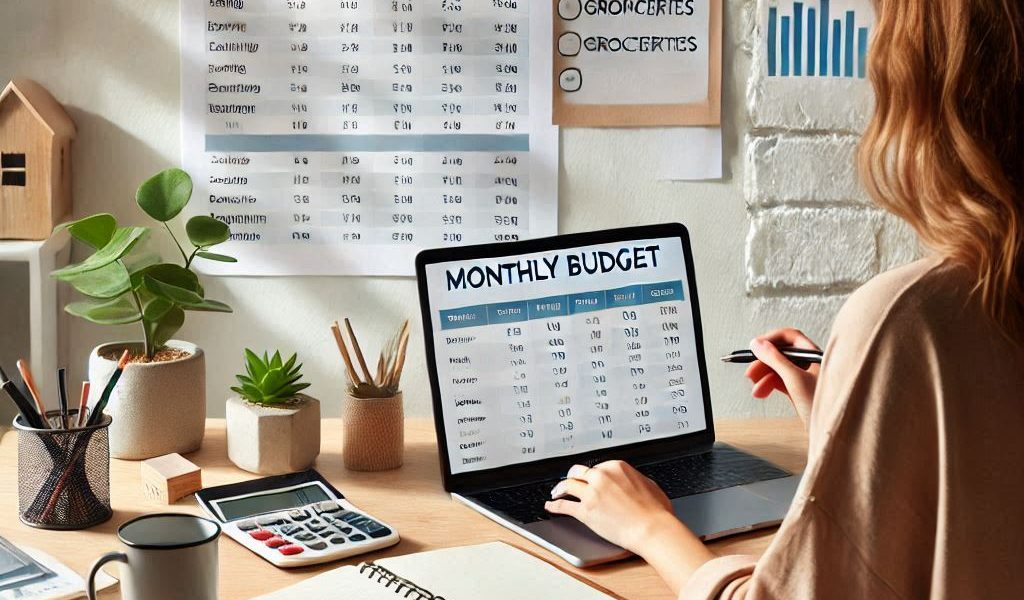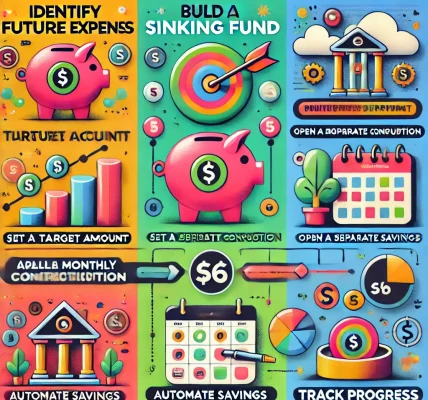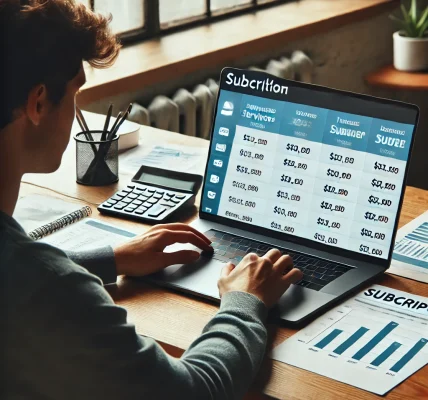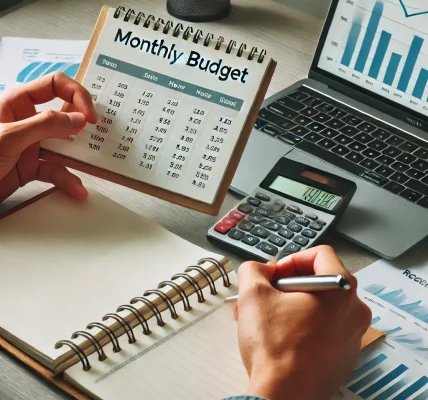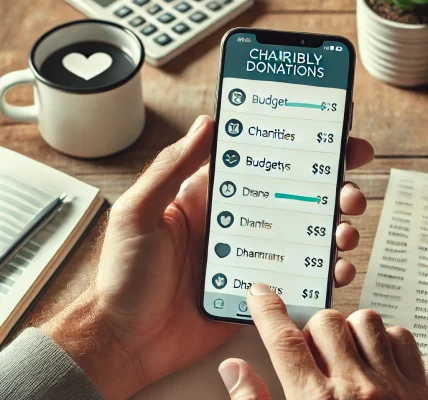The Impact of Small Daily Habits on Your Monthly Budget: How Small Changes Lead to Big Savings
When it comes to managing your finances, it’s easy to think that you need to make huge sacrifices or drastic changes to see any real impact. However, the truth is that small daily habits can have a profound effect on your monthly budget and overall financial health. From skipping that daily coffee to cooking at home, the small adjustments you make each day can add up to significant savings over time. In this blog, we’ll explore how simple, mindful habits can improve your financial situation, lower expenses, and help you take control of your budget.
Why Small Daily Habits Matter
It’s easy to overlook the little things, but they play a vital role in your budget. The beauty of small habits lies in their consistency. When applied every day, they can lead to substantial savings without the need for major lifestyle changes.
- Compounding effects: Small changes, when repeated daily, accumulate over time. For example, skipping one coffee a day might not feel like a big deal, but over the course of a month or year, the savings add up.
- Increased financial awareness: By developing small habits, you become more mindful of where your money is going, helping you make better financial decisions in the long run.
- Improved self-discipline: These habits build the discipline required to stay within your budget and prevent impulse spending.
Let’s dive into some small daily habits that can have a big impact on your monthly budget.
Small Daily Habits That Can Save You Big
1. Track Your Spending Every Day
A simple yet effective habit is tracking your expenses daily. By writing down or logging every purchase, you’ll quickly see where your money is going. This habit brings awareness to your spending, helping you spot areas for improvement.
- Use a budgeting app: Apps like Mint or YNAB (You Need a Budget) allow you to track your expenses in real-time, categorizing each purchase for better clarity.
- Manual tracking: If you prefer something more hands-on, you can use a physical journal or spreadsheet to jot down your daily expenses.
Tracking your spending daily helps you stay accountable and ensures you don’t overspend in any category.
2. Make Coffee at Home
How many times have you grabbed a coffee from a local café on your way to work? While a single cup of coffee might seem inexpensive, those daily visits can add up quickly. A $5 coffee each day amounts to $150 per month—enough to make a noticeable impact on your budget.
- Invest in a coffee maker: Instead of spending money on overpriced drinks, invest in a quality coffee maker for home use.
- Make it a special treat: Limit your coffee shop visits to once or twice a week to keep the expense in check.
Small daily changes like brewing your own coffee can make a noticeable difference in your budget without sacrificing your morning ritual.
3. Cook at Home Instead of Dining Out
Eating out or ordering takeout every day can be one of the fastest ways to drain your monthly budget. Whether it’s lunch at work or dinner with friends, dining out adds up. On average, a meal at a restaurant can cost $10-$20, while cooking at home can be much more affordable.
- Plan your meals: Meal planning for the week ahead helps you stay organized, avoid impulse dining decisions, and stick to your budget.
- Batch cooking: Cooking larger quantities and freezing leftovers is a time-saving and budget-friendly way to ensure you always have a meal ready at home.
Cooking at home can save you hundreds of dollars each month, and you’ll enjoy healthier, homemade meals.
4. Automate Savings
One of the best financial habits to develop is saving automatically. Setting up automatic transfers to your savings account ensures that you’re consistently putting money aside, even if it’s a small amount. This makes saving a priority rather than something you do if there’s money left over.
- Set up an automatic transfer: Choose a specific amount to transfer into your savings each week or month. This amount can be small, but over time it adds up.
- Treat savings like an expense: Just like paying bills, treat your savings as a non-negotiable expense that must be paid every month.
By automating your savings, you’ll build an emergency fund or save for future goals without even thinking about it.
5. Practice Mindful Shopping
How often do you find yourself buying items you don’t really need? Impulse shopping can have a big impact on your monthly budget. By practicing mindful shopping, you can avoid unnecessary purchases and stick to your financial goals.
- Wait before buying: When you feel the urge to make an unplanned purchase, wait at least 24 hours to decide if it’s really necessary.
- Make a shopping list: Stick to a list when you go shopping, whether for groceries or other items. Avoid wandering through aisles where you might pick up unnecessary items.
- Use the “one-in, one-out” rule: If you buy something new, make sure to donate or sell something you no longer need.
By making thoughtful and intentional shopping decisions, you can keep your spending in check.
6. Limit Subscription Services
In today’s world, subscriptions are everywhere—streaming services, fitness apps, meal delivery services, and more. While each subscription may seem small, they can add up quickly. On average, people underestimate how many subscriptions they have and how much they’re spending on them each month.
- Review your subscriptions: Go through your subscriptions and cancel any you don’t use regularly.
- Share plans: Consider sharing subscription services with family or friends to lower the cost.
Reducing unnecessary subscriptions is an easy way to cut costs and free up money for more important financial goals.
7. Walk or Bike Instead of Driving
Transportation costs can add up quickly, especially if you drive every day. By opting for walking or biking for short trips, you can save on gas, parking, and maintenance costs. It’s also an environmentally friendly option.
- Public transportation: If walking or biking isn’t feasible, consider using public transportation as a cheaper alternative to driving.
- Carpooling: If you can’t avoid driving, consider carpooling with coworkers or friends to split gas costs.
These small transportation habits can have a big impact on your overall budget.
Final Thoughts: Small Habits, Big Savings
The key to financial success isn’t about making huge changes overnight. It’s about developing small, sustainable habits that align with your long-term goals. By tracking your expenses, cooking at home, automating your savings, and being mindful of your daily habits, you can make a significant impact on your monthly budget.
